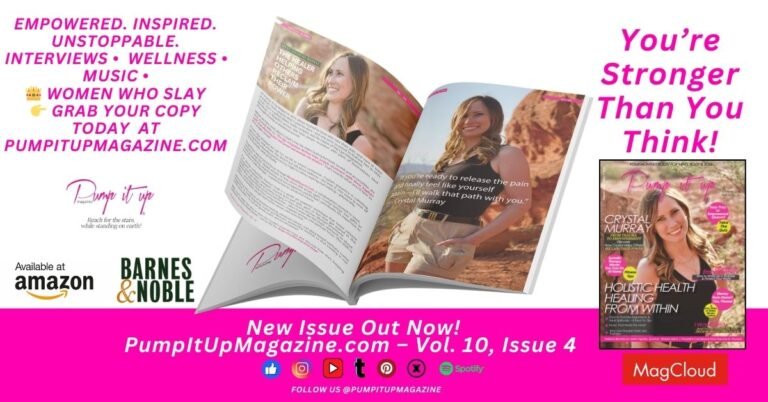Over the last decade, we have seen that the fashion world is slowly but surely changing toward a more sustainable, ethical one. Nowhere is this change more evident than in leather goods. Today’s consumers are not only interested in all the latest styles but also in how their purchases will affect the environment and the lives of others. Fashion design meets responsible customers in ethically sourced leather bags for women that are probably as chic as they will get for a conscious buyer.
What is Ethical Leather?
This term refers to leather that comes from farms with ethical practices in raising and butchering animals. This also includes the requirements that all businesses in the entire supply chain, from farm to final product, respect labor rights and protect the environment. This can mean the use of hides from animals raised for meat production or from those also utilized in other ways (such as dairy or wool industries), ensuring more value is extracted from an animal and minimizing waste.
Environmental Impact
Conventional methods for tanning leather have been long criticized due to their adverse environmental footprint, especially since they use toxins like chromium. These chemicals create pollutants that can degrade local bodies of water. Conversely, sustainable and/or ethically sourced leather will often be vegetable-tanned, which uses more natural materials such as tree bark.
In addition, sustainable practices even go as far as using offcuts to reduce waste and designing the product with a long life in mind. Leather goods that last several generations will not end up in landfills within years of production, creating a circular economy.
Ethical Considerations
This ethical leather movement also answers concerns about animal welfare and labor conditions in the leather industry. In a world where consumers are increasingly expecting transparency, brands that offer fair wages and safe conditions to their employees are the preferred choice for many. This means that ethically sourced leather takes extra care during the production process to ensure that not only are animals’ dignity and rights respected, but so are those of all of the human beings involved.
Market Trends
The market for ethical and eco-friendly leather bags is growing, as a new wave of consumers are willing to spend more money on items from brands they trust. In response, fashion brands are either transitioning their current lines toward more sustainable options or launching new lines that claim to have green qualities.
One venerable brand that has done something similar is Longchamp. Renowned for crafting superior leather handbags, Longchamp knows a thing or two about sustainability in design.
The company has opted to only use leathers from ovine (sheep) and bovine (cattle) animals derived from the food industry. This approach mirrors the responsible management of resources, where they avoid using anything that has not been put to other use beforehand. Thus, their doing so adheres to a cycle that is respectful of both animals and the environment.
Challenges and Opportunities
Although the growth trends are positive, the leather industry is not succeeding in sustainability. A big part of the problem is that ethically sourced materials cost more, and so do environmentally friendly processes. That said, these problems present opportunities for innovation by developing other materials that give the same feel as those made of leather but do not have an ethical eco-footprint.
Educating consumers on the value of purchasing ethically sourced leather could help raise awareness for this good cause and eventually create higher demand. Heightening awareness could spur other brands to evaluate their supply chains and begin a journey toward lightening their environmental footprints.
Conclusion
Ethically sourced leather bags are on the rise, driven by consumers looking for quality, style, and a commitment to sustainability. In a progressing fashion era, we can foresee more brands emulating what companies like Longchamp are doing — paving the way with a commitment to planet Earth. This is a real movement we should all embrace because it helps our planet and allows us, as consumers, to get luxury with a clean slate and guilt-free.
Photo by MART PRODUCTION:













